COM*101, 3 Credits, Introduction to Mass Communication An examination of the effect and impact of mass media on contemporary life. Emphasis is on the influence of cable and broadcast television, radio, film, the internet and the press in such areas as entertainment, news, politics, advertising, popular culture and human behavior. Prerequisite: Eligible for ENG*101.
COM*104, 3 Credits, Careers in Media Exploration and research of careers in media covering the fields of journalism, advertising, public relations, broadcasting, television, filmmaking, recording, digital multimedia and other media arts. Course utilizes guest speakers discussing career preparation, job requirements and responsibilities. Job targeting, networking, interviewing skills, resume and portfolio preparation are also taught.
COM*111, 3 Credits, Scriptwriting Practice and analysis in all aspects of script writing for motion pictures, television and radio. Course covers basic formats as well as techniques for narrative development, story structuring, etc. Prerequisite: ENG*101 or permission of the instructor.
COM*116, 3 Credits, Publications Workshop This hands-on course is designed to train students to produce The Flying Horse, the student newspaper. Students will practice all aspects of production, including writing, editing, managing, layout and design, photography, proofreading, and pre-press work (including digital imaging). Students will learn to judge appropriate news content, check facts, and investigate legal and ethical concerns. The course will also allow students to specialize in one or two supporting areas of newspaper production, including editing, layout and management. Advertising (sales and design) may also be part of this course. Prerequisite: ENG *101 and basic computer literacy.
COM*120, 3 Credits, Social Media This course will introduce students to various forms of social media and how to use them strategically. Students will learn about leading social media platforms and tools, who uses them, and how they have transformed the way we interconnect and interact with the world, both personally and professionally. Students will be expected to apply their knowledge by participating on different social media platforms through interactive class projects. Prerequisite: Eligible for ENG*101.
COM*125, 3 credits, New Media Production This course is an introduction to the production of new media. New media is an emerging communications technology that adds on-demand interactive access to media content fostering creative participation and community formation. Students will learn to develop and produce a variety of digital media including audio, video, photography, animation and web design and make that media accessible over the Internet and mobile devices through wikis, blogs, podcasts and social media. Students will use professional media creation tools such as cameras, video and audio editing applications, content management systems and Internet radio, music creation and podcast software.
COM*130, 3 Credits, Introduction to Broadcast Communications This course serves as an introduction to broadcast writing, production, and distribution. Areas covered include program development, copy and scriptwriting, production techniques, FCC regulations, broadcast technology and operation, and new methods of program delivery. Emphasis will be on developing effective communication skills through written assignments, research, and the production of radio and television programming. Prerequisite: Eligible for ENG*063 (or higher).
COM*131, 3 Credits, Audio Production Students will learn the techniques and technologies used in creative sound design for radio, television, film and the Internet. Emphasis is on the technical skills used in recording, mixing, and editing. Students will create projects focusing on the fundamentals of sound design for various applications.
COM*142, 4 Credits, Television Production Introduction to the techniques, aesthetics and processes involved in professional television production. Equipment operations and techniques of field and studio production will be covered including scriptwriting, project planning, camera and recorder operation, lighting, scenery, microphones and linear and non-linear editing. Students will output projects to various media including tape, web, and DVD. Broadcast-Cinema majors should take this course concurrently with COM *203. Prerequisite: Eligible for ENG*101.
COM*147, 3 credits, Digital Cinematography An introduction to photographic principles as they apply to movies and video. This course will use both digital still and video cameras and cover topics such as, composition, depth-of-field, lenses, focal length, exposure, focus, filters, camera angles, camera operation, camera movement, visual effects, and principles of lighting and color; as well as the roles of the Director of Photography and other camera & lighting crew on a production. This is a hands-on course with students completing a series of practical exercises and production assignments.
COM*153, 3 Credits, Film Production A hands-on, collaborative approach to narrative film production techniques, including pre-production organization, cameras, lighting, shooting strategies, sound recording, crewing, and editing. Students will specialize in a specific area of production and collaborate with fellow students to produce a short original film during the semester. Creative use of the medium for dramatic story telling will be emphasized using current technologies.Prerequisite: Eligible for ENG*101. Recommended: COM*142.
COM*154, 3 credits, Film Study and Appreciation An introduction to the art, history, and influence of film. Students will learn about significant genres and styles of film, influential films and directors, film language and technique. Selected films will be viewed and analyzed weekly. Prerequisite: Eligible for ENG*101.
COM*155, 3 Credits, History of Film I Survey of the film’s history, techniques, and aesthetics to the end of World War II. Film classics shown weekly. Prerequisite: ENG*101. This is an “L” course. This is a “D” course.
COM*156, 3 Credits, History of Film II Survey of the film’s history, techniques, and aesthetics from the end of World War II. Film classics shown weekly. Prerequisite: ENG*101. This is an “L'” course. This is a “D” course.
COM*173, 3 Credits, Public Speaking Practice and analysis of speech and associated behavior patterns in everyday activities. Emphasis on communicating an oral message effectively to an audience. Prerequisite: ENG*101. This is an “L” course.
COM*179/THR*113, 3 Credits, Performance for Film and Television This course will develop performance and acting skills used in radio, television, and film including voice-over techniques, television news reporting and anchoring, dramatic acting, and comedic performance. Skills include voice articulation, projection and inflection, script analysis and interpretation. Students will analyze scripts and develop characters to improve acting and directing techniques and understand the importance of subtext to scenes. Students perform using microphones, teleprompters, lighting, and cameras. This course is designed for students interested in on- screen performance across a range of media as well as those interested in film and television directing and production. Prerequisite: Reading exempt.
COM*201, 3 Credits, Introduction to Public Relations A comprehensive survey of public relations theories and practices as they function in organizations and society. The course examines the roles and responsibilities of public relations professionals and the evolution of the profession. Students study the process of public relations planning; examine the strategies and tactics used to establish and maintain positive relationships with constituents; review relevant legal and ethical concerns; and explore the practice of public relations in various contexts, including event planning, promotions, publicity, traditional media as well as new social and digital media campaigns, and crisis management. Students will apply what they have learned by developing and presenting a public relations strategic plan and other PR materials. Prerequisite: ENG*101.
COM*203, 3 Credits, Media Literacy An examination of the techniques used by media communicators to share meaning, influence and entertain mass audiences with sounds and images. Broadcast-Cinema majors should take this course concurrently with COM *142. Prerequisite: Eligible for ENG *101.
COM*226, 3 Credits, Journalism I Practice in the methods and techniques of news gathering, writing, editing, and analysis. Students will also specialize in one or more areas of newspaper production and be involved in creating the college newspaper. Prerequisite: ENG*101. This is an “L” course.
COM*228, 3 Credits, Broadcast Journalism Workshop Students will develop and produce a weekly news or public affairs program for broadcast on local television. Emphasis is on story research, writing and producing a program under strict deadlines. Formats can include news, magazine and talk show while program topics can include local news, the arts, sports, community affairs, etc. Prerequisite: ENG*101 and COM*142.
COM*231, 3 Credits, Radio Production This course introduces the skills needed for general radio, commercial, news, and spoken word production. Current practices in radio production and broadcasting will be covered including station automation, FCC regulations, studio operations, Podcasting, Internet radio, and other forms of digital broadcasting. Research, scriptwriting, and workshop-based projects in informational and music-based programming including regular programs for the college’s radio station are required. Prerequisite: ENG*101. Recommended: COM*131.
COM*255, 3 Credits, Topics in Film This course will examine a specific topic in film and filmmaking from an historical and artistic perspective. Topics that may be covered include examining the work of an influential director or a specific film genre or artistic movement. Prerequisite: ENG*101.This is a “D” course.
COM*264, 3 Credits, Advanced Editing Workshop The operation of advanced video editing equipment and advanced editing techniques will be covered. This will include media organization, editing aesthetics, editing dialog and action sequences, montage, the integration of effects and transitions and equipment interfacing. Prerequisite: COM*142.
COM*283, 3 Credits, Broadcast Engineering Course emphasizes both studio and field engineering practices including system design and timing, station operations, reading of waveform monitors and vector scopes, camera theory and adjustments, and RF equipment. Digital and analog theory and IT integration will also be covered.
COM*287, 3 Credits, Advanced Media Production Advanced work in video, audio, or digital multimedia leading to the development and production of a completed professional project. Emphasis on using professional approaches in pre- production and production. Students will specialize in their preferred area of production for which they must have had prior production experience. Majors should see a program advisor to make sure they have taken the necessary sequence of courses prior to enrolling in this class. Prerequisite: One of the following: COM*131, COM*142, DGA*241, DGA*260, or DGA*250.
COM*293, 3 Credits, Corporate Media Production Practicum Students work on professional corporate video and multimedia productions. All aspects of production including meeting with clients, proposal writing, budgeting, scriptwriting, video production, postproduction and delivery of video will be covered.
COM*294, 3 Credits, Media Arts Workshop The Media Arts Workshop is a summer honors program with the goal of producing a collaborative work of outstanding professional quality. This workshop is open to students in Broadcast-Cinema, Communications Arts, Multimedia or a related discipline. Students will learn by working with media professionals for training and guidance and by working together as a team to complete a film, video or interactive media presentation. Prerequisites are courses and/or experience in the student’s field of study and presentation of an accomplished portfolio and possible interview.
COM*295, 3 Credits, Internship I Students gain practical work experience by interning with approved broadcast, cable, multimedia, education, media production companies or public service organizations for academic credit. Minimum of 120 hours of practical experience a well as written assignments and evaluation required for 3 credits. Students should arrange internship during the semester prior to registration. Prerequisite: Permission of the instructor.
COM*296, 3 Credits, Internship II Communications/Multimedia Internship II) Students gain practical work experience by interning with approved broadcast, cable, multimedia, education, media production companies or public service organizations for academic credit. Minimum of 120 hours of practical experience as well as written assignments and evaluation required for 3 credits. Students should arrange internship during the semester prior to registration. Prerequisite: Permission of the instructor.

